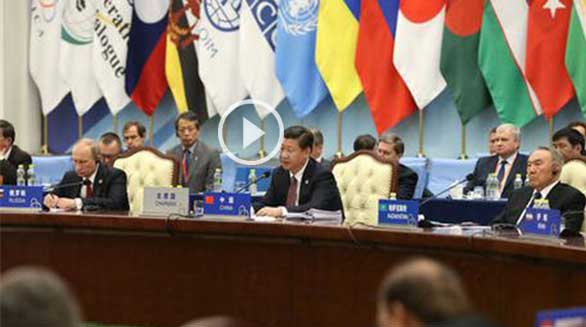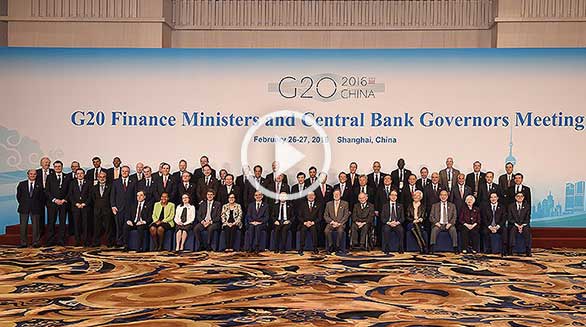政府采购法律和政策(二):加拿大(下)
Sometimes, for contracts for services only, when the Government is unable to define the precise nature and timing of a service in advance, PWGSC includes a provision for “task authorizations.” A task authorization is a structured administrative process to authorize work by a supplier on an “as and when requested” basis in accordance with the terms and conditions of an existing contract. In other words, when the services are eventually required, the Government issues a task authorization to the supplier. This task authorization identifies the scope of the services, the timing, and any specific instructions (such as expenditure reporting based on pre-established financial limits). Examples of services where task authorization contracts might be considered appropriate are professional services for translation, informatics professional services, and some types of repair and overhaul services.
Standing Offers
Standing offers are the preferred method of supply when one or many government departments repeatedly order the same goods or services, which are readily available, or when the actual demand (i.e. quantity, delivery date) is not known in advance. Standing offers are put in place, for a specific period of time with pre-qualified suppliers who have met the technical criteria, and include set terms and conditions, which cannot be further negotiated.
Standing offers save the Government time and money, as a separate process does not need to be conducted for each purchase and prices are often reduced due to volume discounts. The Government is not obliged to purchase any goods or services until a need arises, at which time a contract is put in place. Items bought through this method of supply include food, fuel, pharmaceutical supplies, spare parts, paper supplies, office equipment, and some professional services.
Supply Arrangements
Supply arrangements, like standing offers, are put in place for goods or services that are purchased on a regular basis from pre-qualified suppliers but the Government is not obliged to purchase any goods or services until a need arises, at which time a contract is put in place.
However, although supply arrangements include some set terms and conditions that will apply to any subsequent contracts, not all are predetermined. For example, prices, pricing basis or terms and conditions for hazardous waste disposal or cleanup may be further negotiated based on the actual requirement or scope of work. PWGSC routinely purchases IM/IT professional services using this method of supply.[56]
PWGSC has published a guide for doing business with the Government of Canada. This guide utilizes a five-step approach for small and medium businesses.[57]
V. Concluding Remarks
Canada has implemented the government procurement provisions of NAFTA and the AGP. The former does not cover subcentral entities and Canada has not yet added any provinces to Annex II of the latter so as to bind the provinces to it on a reciprocal basis. However, Canada and the United States have reportedly reached a deal that could change this situation. On the federal level, Canada has followed the legal requirements respecting federal government procurement, and the exceptions and exemptions its laws allow for are those contained in Canada’s two major international trade agreements. Canada does not have a “Buy Canada” Act. Federal government procurement is generally handled by PWGSC. Exceptions exist for departmental purchases of goods valued at less than Can$5000 and purchases of services.
The major issue in government procurement in Canada today arises out of the inclusion of “Buy American” provisions contained in the ARRA. Because provincial and municipal procurement is not covered by NAFTA and Canada did not add any provinces to Annex II of the AGP, it was not initially given a waiver from the “Buy American” provisions of the ARRA. The Government of Canada has been seeking a waiver for the past eight months, and the National Post and Calgary Herald are two of a number of news organizations that have recently reported that the government’s efforts may soon be successful.
下一篇:政府采购法律与政策(三):欧盟













